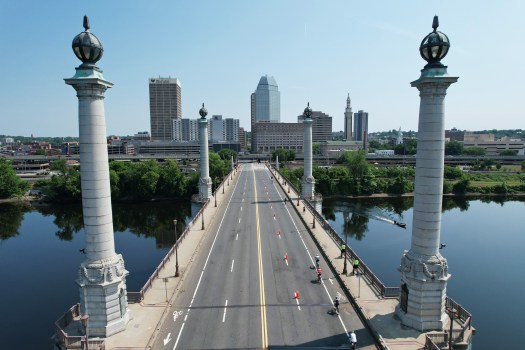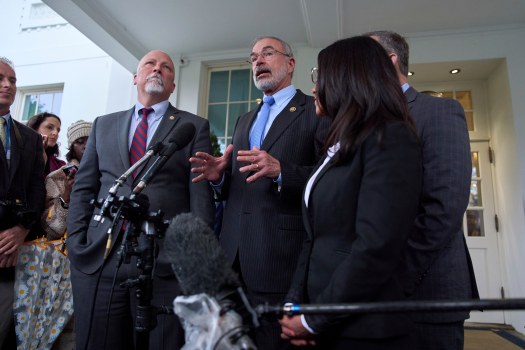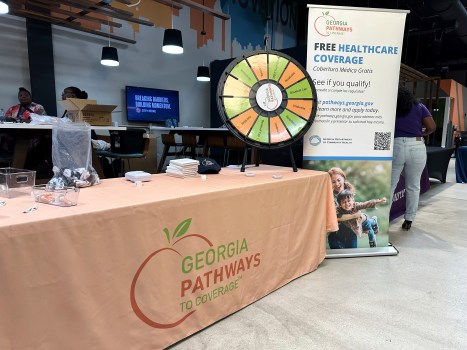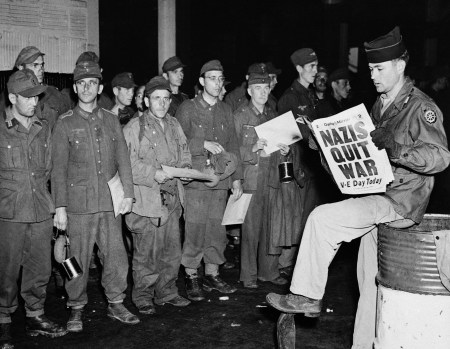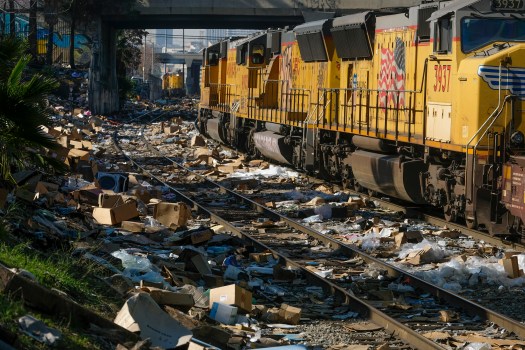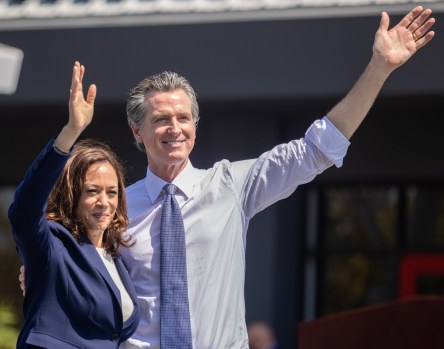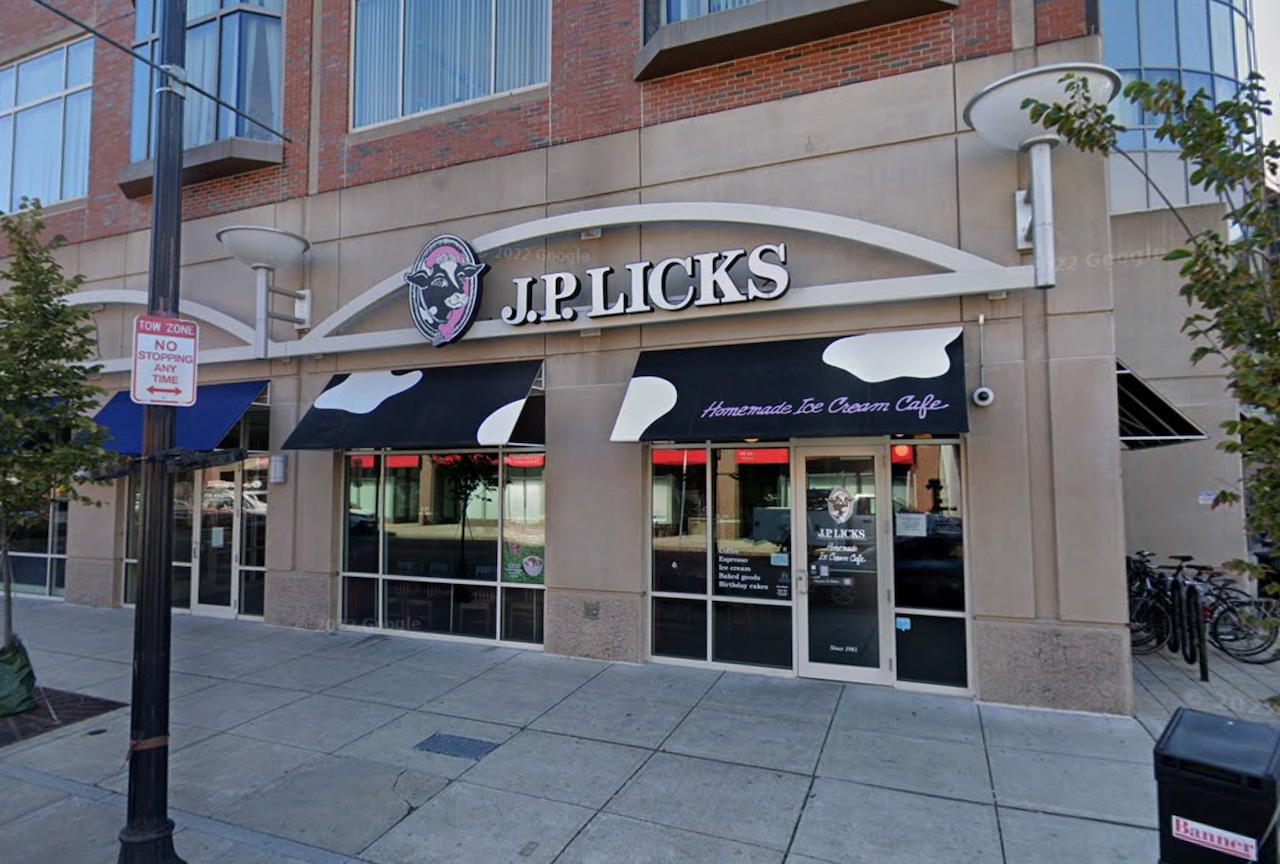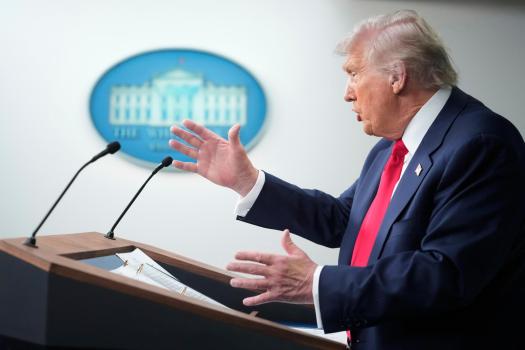The headlines centered on Springfield’s losses when the federal government revoked a $20 million environmental justice grant that had been granted to the city. And with good reason. However, what did Massachusetts get, and how will we use it?
For more than two years, cities, towns, and grassroots coalitions around the Commonwealth worked to create specific, locally based recommendations for federal financing for environmental justice and climate change. These plans were community-driven blueprints for how to decarbonize communities, improve the health of homes, create local employment pipelines, and adjust to a rapidly changing environment. They went beyond grant applications.
Massachusetts now has a unique chance following Springfield’s well-publicized defeat and in the midst of changing federal priorities. We can use this collaborative planning effort to develop a statewide energy and environmental justice policy that is based on community expertise rather than only official orders.
Under the Biden administration’s Justice40 and Inflation Reduction Act programs, dozens of Massachusetts organizations from Boston, Brockton, Lawrence, Fall River, Springfield, and other locations submitted federal bids. These applications are the culmination of hundreds of thousands of hours of impact analysis, budget preparation, technical modeling, stakeholder gatherings, and planning.
Community solar models, geothermal retrofits for public housing, green workforce training linked to actual employers, flood mitigation for vulnerable neighborhoods, and tree canopy restoration for urban heat islands are just a few of the concepts that can be put into practice, even though only a small number of them were funded.
Others go beyond, suggesting electric school bus fleets for rural districts, microgrid development for municipal buildings, or agricultural climate adaption plans for farmers in Massachusetts. Others provide cross-cutting equity strategies, such as ensuring that low-income households experience significant energy cost savings, developing targeted apprenticeship pathways for residents in environmental justice communities, or combining improvements in indoor air quality and climate resilience with lead abatement.
When combined, these recommendations provide a vision of energy justice that would be impossible for any governmental agency or consulting business to duplicate on its own.
Coordination is now required. The Commonwealth ought to:
Compile all of Massachusetts’s federal environmental grant applications that have been submitted in the last two years.
Examine commonalities, technical fixes, and equity-focused strategies.
Combine them to create a statewide, public energy and environmental justice plan that will serve as a roadmap for the Healey administration and legislature.
The finest ideas can be funded by charitable partnerships, governmental capital allocations, or already-existing climate programs.
Promote the procedure as a novel approach to climate governance that involves participation.
We should build on the plans that communities have previously created rather than beginning over or hiring experts to create yet another plan from the ground up. The visioning is done by us. The technical work has been completed. Let’s proceed with the scaling now.
Massachusetts has established itself as a climate leader under Governor Maura Healey. However, leadership entails more than just setting goals; it also entails making investments in our methods of achieving them. A strategy derived from this varied collection of grant applications would provide on-the-ground viability, which has not yet been included in any statewide roadmap.
Renters, low-income families, community health professionals, local authorities, and nonprofit organizations that are already testing out solutions would all have their lived reality reflected. It would highlight the areas that most need technical help, where projects are delayed by permits, and where anchor institutions are willing to collaborate.
Additionally, it would make sure that innovative ideas don’t die because the federal government rejected them. We make it clear that Massachusetts supports innovation that meets community needs and climate goals by sourcing them locally.
This method also rethinks the way that public planning is done in the first place. Planning has typically involved hiring consultants, hosting a few stakeholder meetings, and publishing a glossy PDF for decades. What if, instead, we begin with what organizations and citizens of Massachusetts have already planned, written, and budgeted?
It would be quicker that way. less expensive. And much more authentic. Additionally, it would foster trust by demonstrating that the government recognizes and responds to community efforts.
Massachusetts is at a turning point. We can either ignore promising, well-thought-out ideas for environmental justice and climate change, or we can use them as the foundation for a new vision for the entire Commonwealth.
It may be painful to lose a $20 million award, but the greater loss would be not being able to take advantage of the extraordinary effort that went into proposals such as this one. Let’s continue the plan we started. Let’s match grassroots creativity with state leadership. Additionally, let’s ensure that the climate solutions we scale are ones that benefit everyone.
Ed Gaskin founded Sunday Celebrations and serves as the Executive Director of Greater Grove Hall Main Streets.
